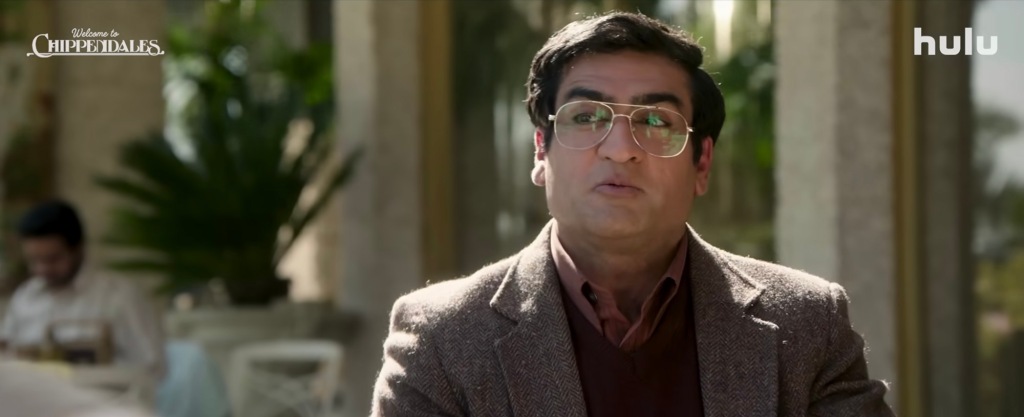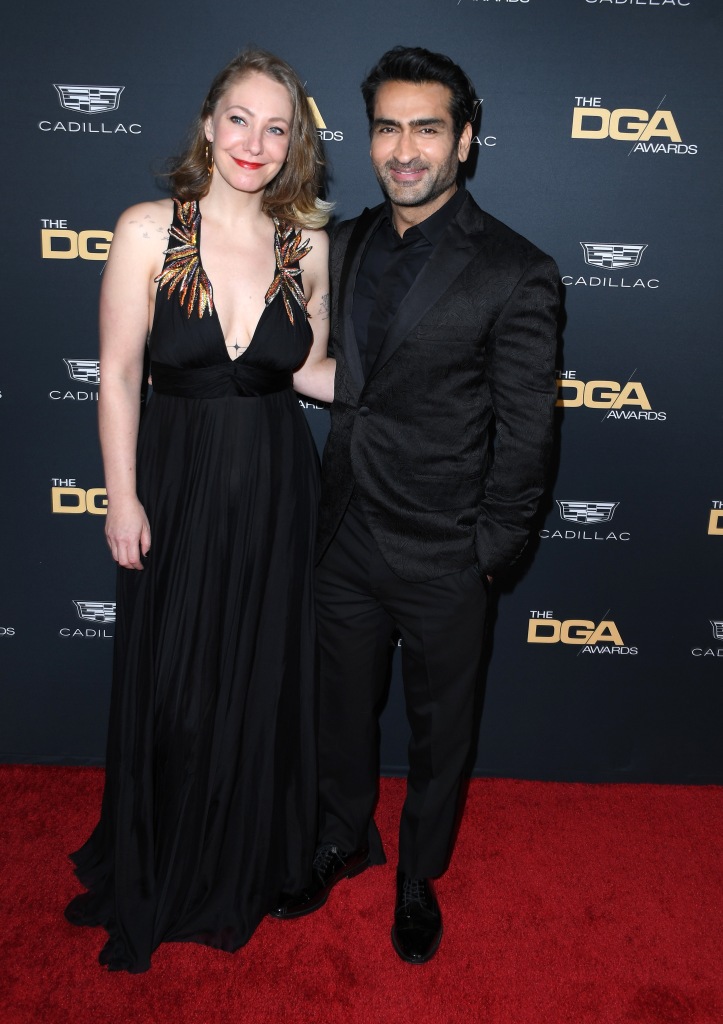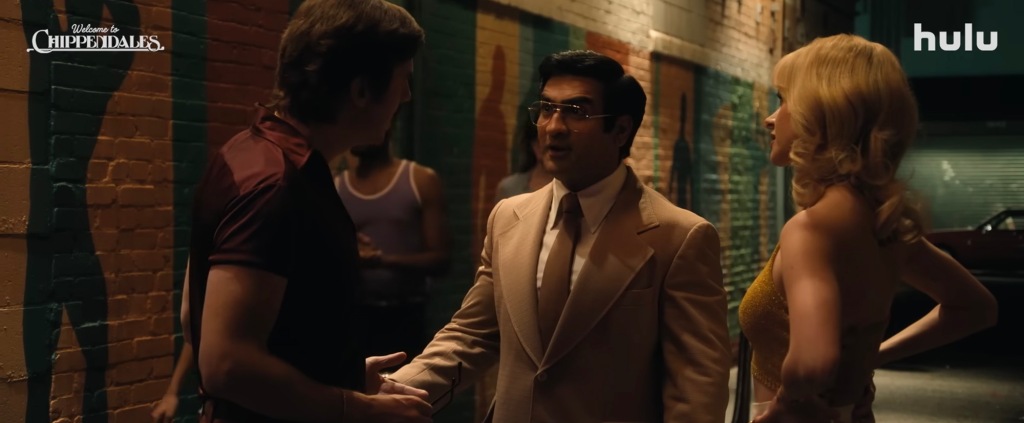Podcaster claims Hulu’s Chippendales series ripped her off: ‘Troubling’
Dr. Natalia Mehlman Petrzela, an associate history professor at The New School, is accusing the team behind a popular Hulu limited series of using exclusive reporting from her Spotify podcast without citation or payment.
In an interview with The New York Times published Friday, Petrzela explained that she believes that content from her podcast, “Welcome to your Fantasy,” was used for Kumail Nanjiani’s “Welcome to Chippendales.”
Petrzela further told The Post on Saturday that she is “troubled by the close similarities” between the two projects.
“From story structure to certain characters and plot details to the almost identical title, which understandably led many to believe, mistakenly, that I was involved in the creation of the television adaptation,” Petrzela emailed The Post.
“I am glad this case is being reported because it raises important questions about attribution and creative ethics, especially when reporting nonfiction.”
The Post reached out to Spotify, Hulu, and Nanjiani’s reps for comment.
Petrzela’s 2021 podcast, which was co-produced by Gimlet Media and Pineapple Street Studios, told the story of Somen “Steve” Banerjee, the late founder of the all-male revue Chippendales.
The nine-episode series explored Banerjee’s rise and fall before his 1994 suicide ahead of sentencing for pleading guilty to arson, racketeering and murder-for-hire charges.
Banerjee had hired Nick De Noia to help him manage the business, but after a bad deal, Banerjee became angry with De Noia and wanted to have him killed.
“It was forbidden for dancers to take money for sex but some did,” Petrzela told The Post in a 2021 interview about Chippendales. “I heard of guys making $300 to $1,500 for encounters.”

Petrzela worked on the Spotify series with Dr. Nicole Hemmer, an associate history professor at Vanderbilt University, and Dr. Neil J. Young, another historian.
Petrzela claimed to The New York Times that before the podcast was released, a producer with Pineapple Street Studios emailed out the idea to Hollywood producers to see if there was any interest in adapting it.
An email was sent to Nanjiani and his wife and writing partner, Emily V. Gordon.

In a message shared with the outlet by Petrzela, the pair wrote back to say they weren’t interested.
“Kumail and I listened to the podcast and it’s such a fun story, but unfortunately I don’t think it’s the right project for us to write,” Gordon wrote in the email, per The Times.
“As much as we love watching crime stories, I don’t know if that’s a strength that we have as a writing duo. It didn’t spark an immediate take in our brains.”
Petrzela said she moved on and signed a film deal with Netflix along with her collaborators and Pineapple Street Studios.
Her enthusiasm didn’t last long, as it was later announced that Hulu would be coming out with its own miniseries called “Welcome to Chippendales,” starring Nanjiani as Banerjee.
Nanjiani and Gordon also served as executive producers.
Petrzela claims Netflix subsequently canceled her deal. The Post reached out to Netflix for comment.

Reps for Nanjiani and Gordon told The New York Times in a statement they were not “creatively involved in the production,” and their participation “was limited to casting consultation, communication with the studio/network, marketing and editing.”
The Hulu series, which premiered in November, credits a 2014 book called “Deadly Dance: The Chippendales Murders,” by K. Scot Macdonald and Patrick MontesDeOca, as a work it was “inspired by.”
But Petrzela and her colleagues claim the series includes details that people wouldn’t have known unless they listened to the “Welcome to Your Fantasy” podcast.
Eleanor Kagan, senior producer of the podcast, even created a spreadsheet allegedly highlighting over a dozen similarities between the Hulu show and the Spotify series.
One of the claims is that two of the characters heavily featured in the Hulu show were interviewed on the podcast and never mentioned in “Deadly Dance.”
“You don’t own history, and the lines of intellectual property can be really blurry,” Hemmer said to The Times. “But it raised big questions about what we do as scholars and what happens when that work becomes part of the entertainment field.”
Petrzela also said she was “flabbergasted” by the situation.
“But then again, I come from a world of footnotes and source citations,” she told the outlet.
Read the full article Here


